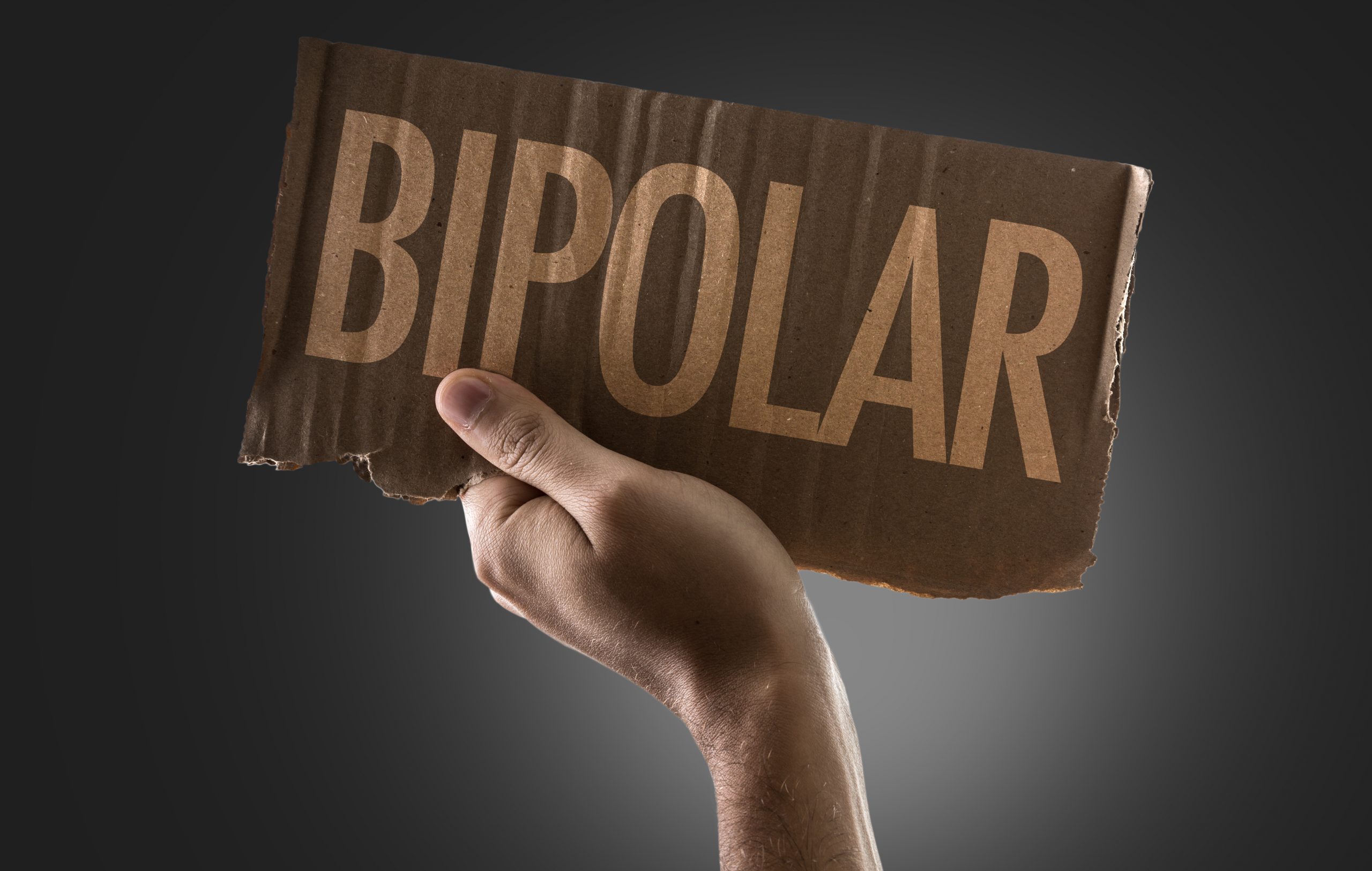How to know if you have bipolar disorder? Everybody experiences mood swings from time to time. The ebb and flow of our circumstances, hormones, and emotions can have us riding high one minute only to feel like we want to disappear a few minutes later. So, if your moods regularly oscillate between happy and sad, that doesn’t mean there’s something wrong with you; that’s just part of being human! But if your mood swings are more severe and you feel gripped by overpowering lows and highs, you might want to take an online bipolar disorder test.
Although this test is not meant to serve as a professional diagnostic tool or as a substitute for speaking to a mental health professional, it may be a helpful tool for assessing your symptoms. If you feel like the questions in this test reflect your experience, this may bolster your confidence and provide you with a clear way to talk about your symptoms when you speak with your doctor.
What is Bipolar Disorder?
 Bipolar disorder is a serious mental illness that is characterized by the presence of overwhelming mood swings. These mood swings may feel so powerful that they seem to be beyond your control and you might feel as though you are helpless, gripped by the whims of your own body and mind. People who battle bipolar disorder often experience bouts of mania followed by periods of intense depression. During these conflicting cycles of emotion, you might feel that anything is possible and that you want to do everything at once. In manic moments, you might experience the sensation that nothing is real or that nothing really matters and this can lead to risky, dangerous behavior such as:
Bipolar disorder is a serious mental illness that is characterized by the presence of overwhelming mood swings. These mood swings may feel so powerful that they seem to be beyond your control and you might feel as though you are helpless, gripped by the whims of your own body and mind. People who battle bipolar disorder often experience bouts of mania followed by periods of intense depression. During these conflicting cycles of emotion, you might feel that anything is possible and that you want to do everything at once. In manic moments, you might experience the sensation that nothing is real or that nothing really matters and this can lead to risky, dangerous behavior such as:
- Reckless spending sprees
- Impulsive decisions
- Substance abuse
- Irregular sleep patterns
- Inability to focus
During periods of depression, however, the reverse may be true. People experiencing bipolar depression may feel as though they have completely lost all hope or no longer want to live. Many people who struggle with bipolar disorder have reported that, during the depressive phase, even breathing feels like too much effort. The euphoria of the manic phase has vanished completely, leaving a total lack of energy in its place, and causing people to feel hopeless, worthless, and suicidal.
What Should I Do if I’m Experiencing These Symptoms?
 If you’re experiencing any of these symptoms, you already know that the symptoms of bipolar disorder are different from feeling a little bit sad. You also know firsthand that your experience is not a typical mood swing. So, if your symptoms are preventing you from getting through the day, managing your emotions, or finding a sense of peace in your life, it may be time to talk to a licensed mental health professional about the possibility of bipolar disorder.
If you’re experiencing any of these symptoms, you already know that the symptoms of bipolar disorder are different from feeling a little bit sad. You also know firsthand that your experience is not a typical mood swing. So, if your symptoms are preventing you from getting through the day, managing your emotions, or finding a sense of peace in your life, it may be time to talk to a licensed mental health professional about the possibility of bipolar disorder.
Although many people are worried about the stigma attached to mental illness, it’s important for you to know that there is nothing wrong or bad about seeking help for your mental health. If you’re struggling with bipolar disorder, that doesn’t mean you’re crazy and you have nothing to be ashamed of! Bipolar disorder is one of the most misunderstood and misrepresented mental illnesses because people regularly throw out the phrase, “She’s so bipolar!” to describe anyone who appears to be moody on occasion. But these comments are simply an unhelpful form of misrepresentation. And because widespread misinformation can keep people from seeking help or learning to identify their symptoms, it’s important to be mindful of the danger caused by inaccurate comments about mental health.
So, if you’re experiencing any of the symptoms represented in this article or in this Bipolar Disorder Test, don’t hesitate to speak with your doctor or seek out a licensed therapist. Getting help for your mental health is every bit as important as seeking help for a physical illness, so don’t let outdated misinformation hold you back! Bipolar disorder can feel overwhelming but it doesn’t have to control your life. You can take back control by talking to a licensed mental health professional today.
More about the author Marie Miguel 
Marie Miguel has been a writing and research expert for nearly a decade, covering a variety of health- related topics. Currently, she is contributing to the expansion and growth of a free online mental health resource with BetterHelp.com. With an interest and dedication to addressing stigmas associated with mental health, she continues to specifically target subjects related to anxiety and depression.
Read more health and mental health articles at ClichéMag.com
Images provided by Creative Commons, Flickr, Unsplash, Pexels & Pixabay





